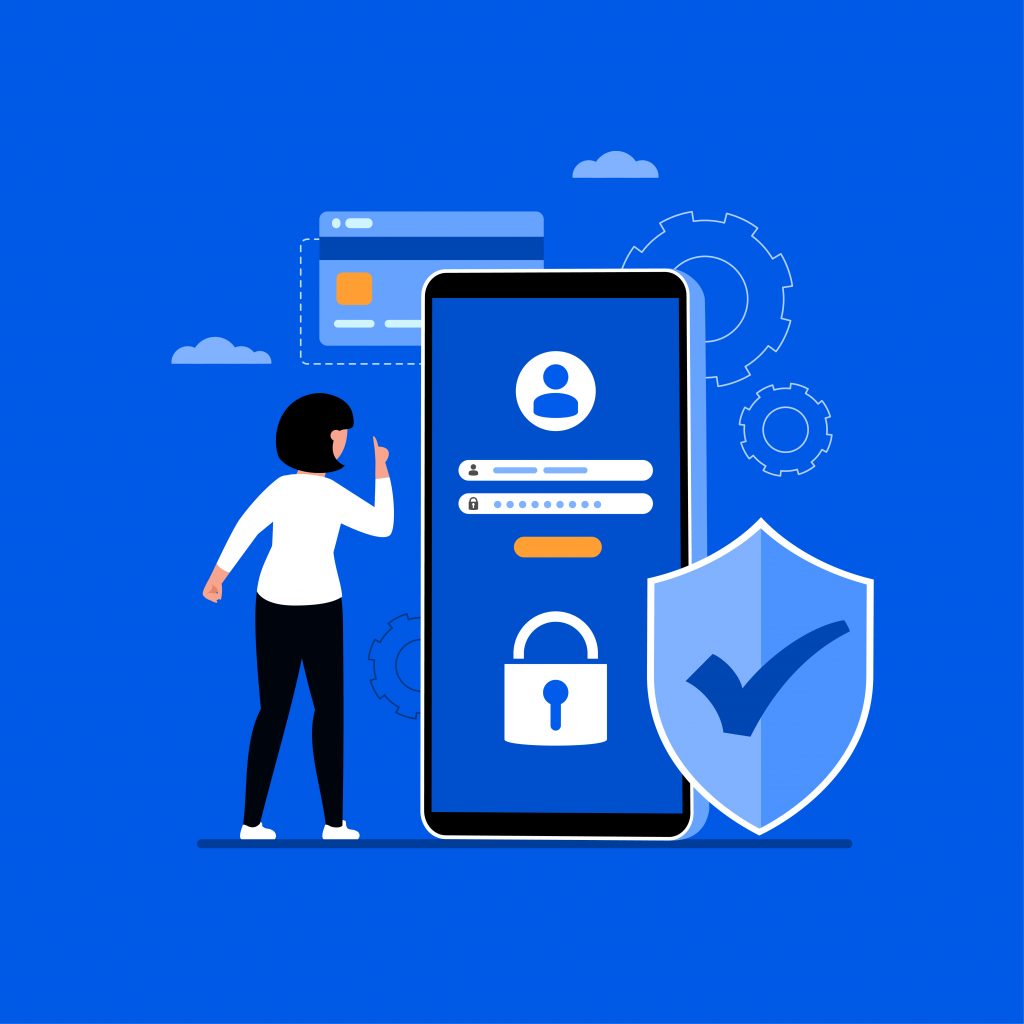6 Quick Tips to Improve Your Website Security
Cybersecurity | Aug 31, 2019
Thanks to modern content management systems, just about anyone can create their own website these days. While this is great for bloggers and business owners, it also increases the pool of uninformed victims that hackers can take advantage of to perform malicious activities.
Many people make the mistake of believing their website isn’t at risk as it doesn’t contain any valuable data, but this is far from true. In fact, most security breaches aren’t made in an attempt to steal personal data. Instead, hackers will compromise your website to use it as part of a botnet, mine cryptocurrencies, or use your server as a relay for spam.
And if your website does contain valuable data, threats such as ransomware can cause serious damage to your business. That said, you’ll inevitably be faced with complex problems and convoluted solutions when venturing into the realm of website security.
To simplify the process, here are six quick tips to improve the security of your website.

6 Quick Tips to Improve Your Website Security.
Prevent Brute Force Attacks
A brute force attack involves using software to automatically enter common passwords until the right one is registered, giving a hacker full access to your website. Protect against these by using long, complex passwords or passphrases that contain uppercase and lowercase letters, special characters and numbers.
Use a Secure Hosting Platform
Hackers frequently take advantage of websites run on hosting platforms that don’t care about security. A good host is devoted to maintaining the security of your website. For instance, hosts like Onyx.io have a network that’s secured by over 1,000 GBps of DDoS protection, as well as a support team who will help you in the event of a security breach.
Update Your Software
Updates aren’t only there for new features and performance improvements. More importantly, web software updates are added frequently to patch any security holes that hackers found in the previous version. Be sure to keep all the plugins, platforms and scripts your website uses up-to-date.
Get an SSL Certificate
SSL (Secure Socket Layer) encryption is an absolute must for modern websites. It keeps sensitive information such as login credentials and credit card information secure by encrypting it. This makes the information worthless to hackers who try to access it.
Implement Automatic Backups
In the event that your data is lost, especially in a ransomware attack, the last thing you want is to no longer have access to that data yourself. You want to be able to get your website up and running again to avoid losing sales. This is why it’s important to implement an automatic backup system. A good hosting platform should provide this service.
Perform Security Checks
Schedule frequent website security scans to check for any vulnerabilities. While professional security scanning software is available, you can use free tools to measure how secure your website is. Of course, the former is more expensive, but it will provide a deeper look into the security of your website.
Protecting your website against hackers is as simple as using the right tools and paying attention. The insignificant investment that comes with securing your website has significant benefits, so don’t hesitate to do it as soon as possible.
Warning: Undefined array key "sidebar_ads" in /home/dmc/public_html/wp-content/themes/DMC/functions/helpers.php on line 824





